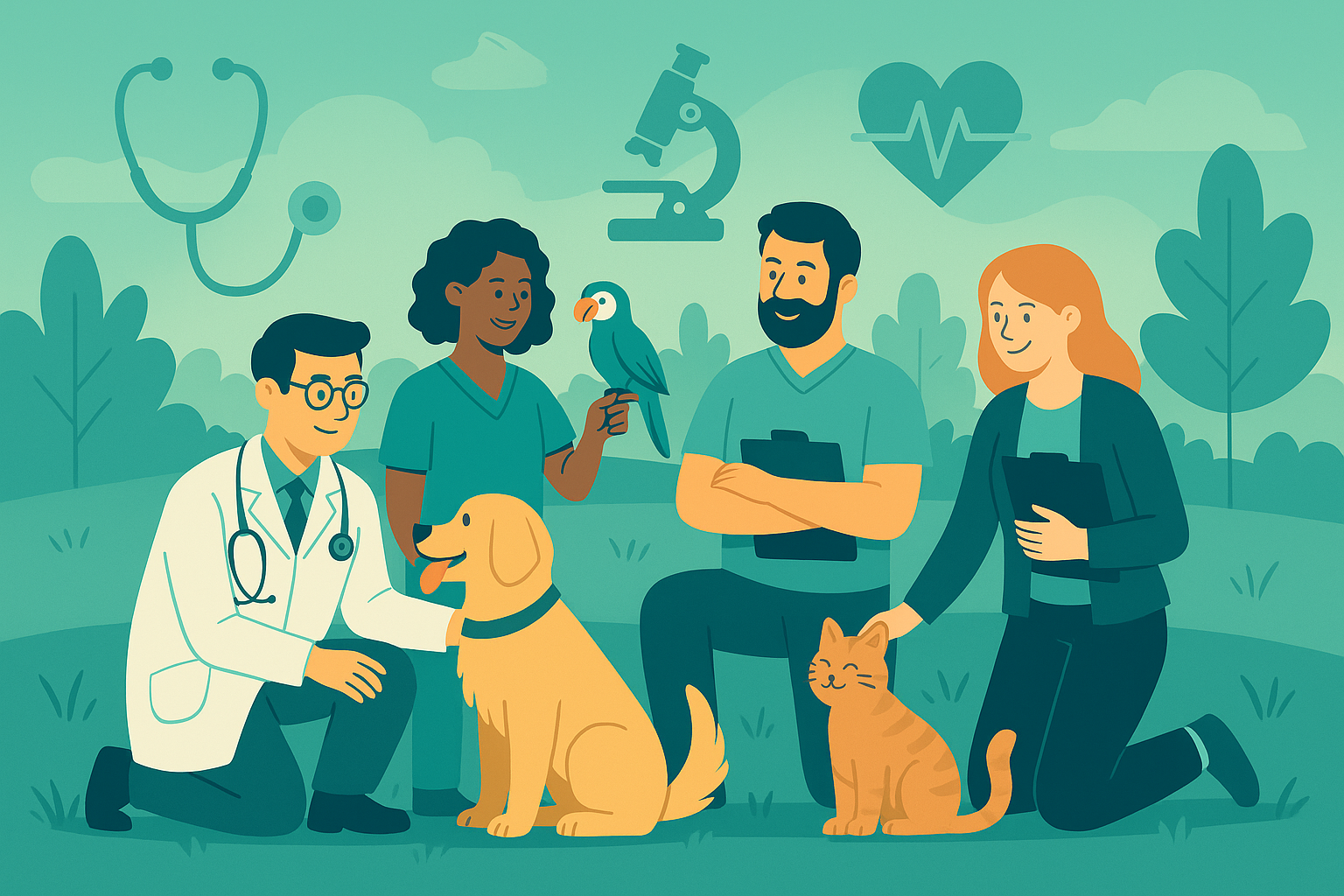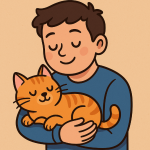
A Danish Zoo Asks for Pet Donations to Feed Carnivores:
A Controversial Move in Wildlife Management and Animal Ethics
This is kind of a “holy shit” story.
A zoo in Denmark has ignited a blaze of debate and criticism by asking pet owners to donate their unwanted animals as food for the zoo’s carnivorous residents. This policy, implemented by Aalborg Zoo, aims to provide a natural diet for captive predators such as lions and lynxes, but it has sparked considerable ethical discussion.
Understanding the Zoo’s Perspective
The zoo claims that this initiative helps it maintain the health and well-being of its carnivorous animals. According to zoo officials, receiving animals like rabbits, guinea pigs, and even horses ensures that their predators eat a diet closer to what they would consume in the wild, ensuring better health outcomes than commercially produced meat could provide
In a statement, Aalborg Zoo explained: ‘This is part of our responsibility to imitate the natural ecosystem as closely as possible within the confines of our zoo.’
The Ethical Dilemma
Nevertheless, the request has been met with outcry from animal rights activists and pet lovers who argue this practice is inhumane. Critics highlight the emotional attachment humans have to their pets, elevating the practice as a betrayal of ethics. The potential distress caused to people donating animals, and the dignified manner in which these animals meet their end, have come under scrutiny.
Historical Context and Comparisons
Danish zoos are no strangers to controversy when it comes to animal management practices. The Copenhagen Zoo attracted similar attention in 2014 when it euthanized a healthy giraffe and fed its remains to lions, sparking an international outcry. This backdrop highlights the cultural divide in animal management practices across different region.
Why the Outrage?
The discussions aren’t only about animal welfare but also about human values. For many, pets are family. The thought of surrendering them to become prey for zoo animals challenges fundamental ethical beliefs about domesticated and captive animal treatments. Danish zoos believe they are contributing responsibly to biodiversity and education. However, the clash between these practices and public sentiment notably reveals how disconnected our perceived roles of different animals are.
Looking Forward
The controversy continues, as zoos strive to balance ecological practices within societal ethics. Some argue for systemic changes in managing animal populations, proposing solutions focused more on veganism and artificial substitutes than the current organic approach
This evolving dialogue amplifies the urgent need to clarify our ethical relationship with both household and wild animals. As the world grapples with environmental crises and conservation, the way forward must accommodate moral considerations with ecological responsibility.




